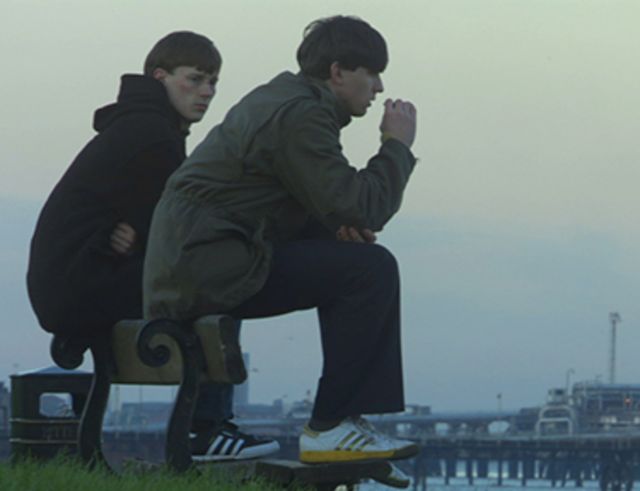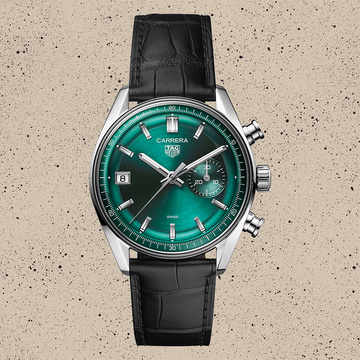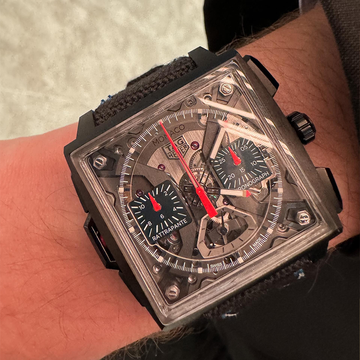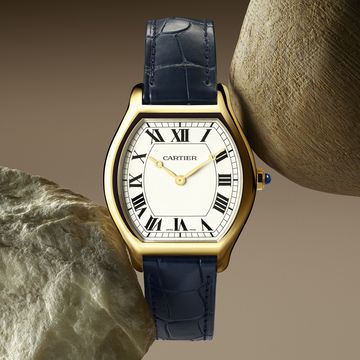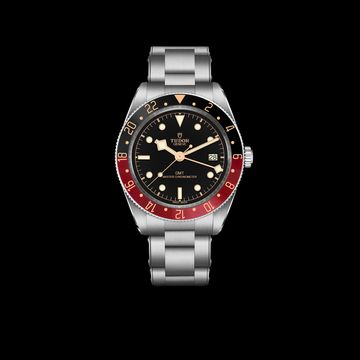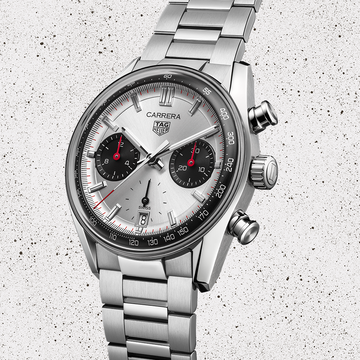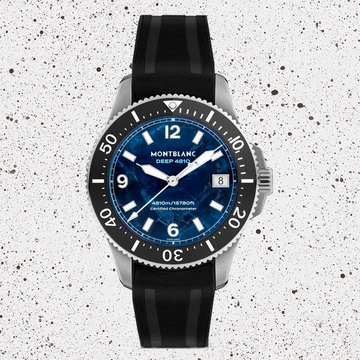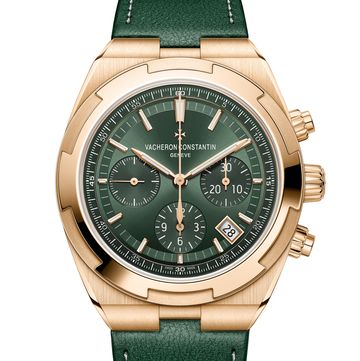Awaydays, the film adaptation of Kevin Sampson's novel about football, fashion and fighting among a group of young men on Merseyside in the late Seventies, comes out on DVD and Blu-Ray today. We caught up with the author to discuss lazy media stereotypes, rare footwear brands and tales of rock'n'roll excess...
ESQUIRE: Awaydays is about a time, a place and a look that are obviously close to your heart ...
KEVIN SAMPSON: Yeah, I couldn’t have said it better myself. Awaydays was my first novel. I was 17 in 1979, a bit of a golden age in that I grew up watching football and following the greatest team in the world at that point. And from a fan point of view we were doing something different, something nobody else in the country was doing at that time. I always wanted to reflect that sort of thing, that chapter in popular culture and social history. It was partly a Merseyside thing but it also pre-dated the variety and mass of cultural outlets that we’ve got today. The Face wasn’t even out, let alone the dozens of other magazines that followed in its wake. Channel 4 wasn’t invented; there was no internet. News travelled slowly. It was a look and attitude that remained a Liverpool thing for a long time before it went nationwide. Fictionalising all of that was part of the job on Awaydays.
ESQ: There has been a lot of publicity for The Firm, directed by Nick Love, which is another film that deals with football, violence and fashion. The Firm seems to be marketing itself on young lads wearing adidas trainers and garish Sergio Tacchini and Fila tracksuits - a bit more of a cartoon version of what's traditionally described as the "casual" look…
KS: First of all, I haven’t seen the film. I have only seen that one still that has been printed with every review - the legs wide apart, "come on, let’s have it" pose. But my overriding observation is that since it was first coined I have had an almost psychopathic dislike for the term "casual". It’s just so wrong. In terms of describing a sub-culture that was so devoted to fine detail, it doesn’t work at all. I really don’t know how The Face happened upon such a lazy and slap dash cult phrase for that particular group of people.
ESQ: So, just don't mention the "c" word...
KS: We're talking about something that’s very dear to my heart. It happened in front of my very eyes and on my own doorstep. People have always been quick to align that time and style with Moddism, or the post-punk quivalents of Mods. But with the Mods, more or less, there was a uniform, a lifestyle, a dress code. For us, this was an ever evolving thing. For someone who was at school in the late Seventies it was a really difficult thing to keep up with. Just on footwear alone, training shoes would change the whole time. And it wasn’t just training shoes; you could have Pods, Kickers, Nature Trekkers, corduroy shoes with galvanised rubber soles, moccasins. And that was just feet. The same would go for jeans. What I loved about it was that it wasn’t even self-labelled - it was no label. There was no name for it for the first three or four years. In the very early Eighties people were self-labelling themselves "scallys" but it wasn’t really a tribe as such. It existed outside the machinations of big business; there was no commercial engine driving it. It was genuinely underground. It was the lads that went to the match and what they were genuinely wearing. And as soon as too many other people were wearing it they would gib it and move onto something else. I think it is appropriate and justifiable that I should be so romantic about it because it was my time and my movement. I would hate to see that confused with what people now refer to as casuals. It was a completely different era and a completely different dress code.
ESQ: And you’re now in the process of turning another one of your novels, Powder, into a feature film. Is everything in that book based on your real life experiences in the music industry?
KS: Oh god, all of it. I mean Powder is the most autobiographical thing I have ever written. Everything in there is a fictionalised account of things I did with The Farm or things I witnessed with them or was told about afterwards. Loads of it was from green rooms in television studios or from being backstage at gigs. You’d bump into all those characters who were around at the time - The Happy Mondays, The Charlatans and Primal Scream. None of them were exactly reticent. They all had quite high-octane lifestyles and the stories were fantastic. So, there was a whole well of material to draw upon.
ESQ: And can you confirm the character Jamie Love was based on Keith Mullen (lead guitarist in The Farm)?
KS: Of course he was.
ESQ: So is the famous story about Keith Mullen and the amputee dwarf in a broom cupboard actually true?
KS: It was three separate stories that have collided into one.
ESQ: An unholy union of sordid tales.
KS: Exactly. Keith quite definitely and quite quickly formed a peccadillo for, how shall we say, leftist sex.
